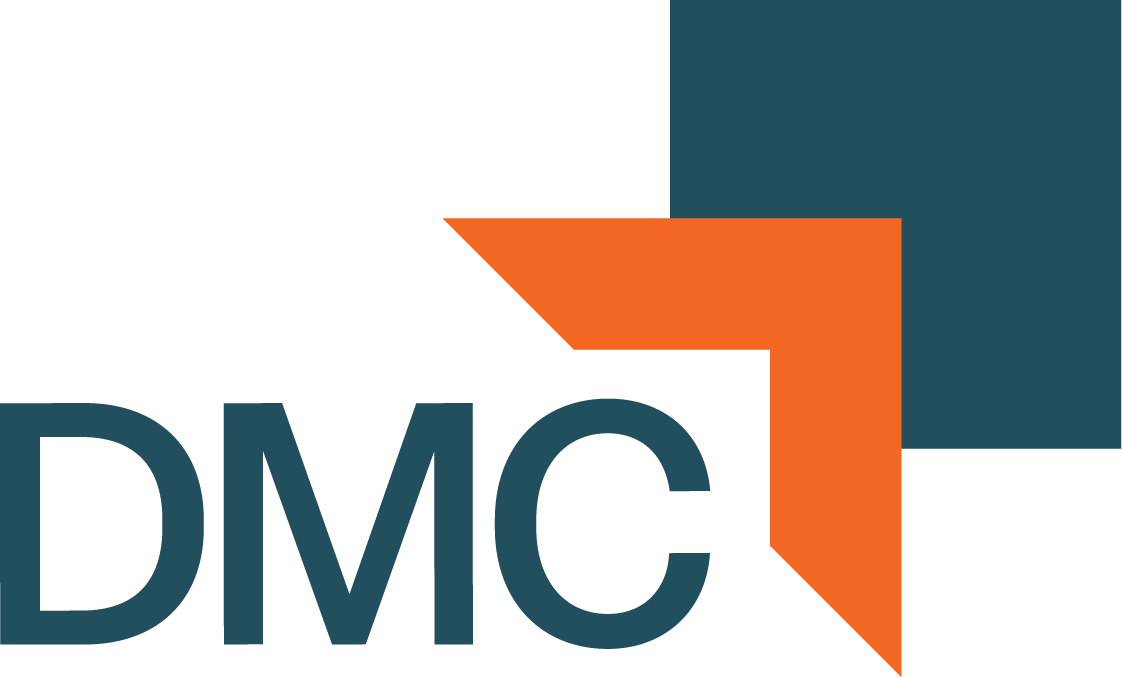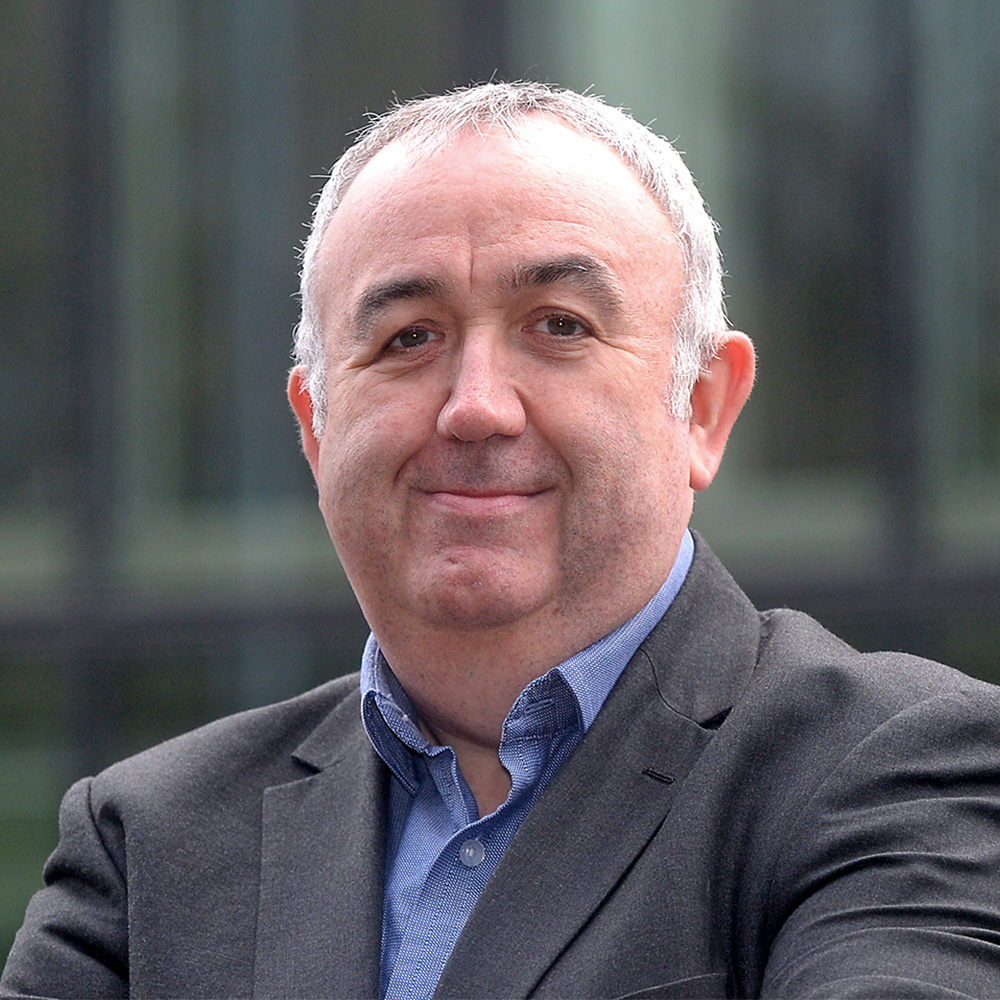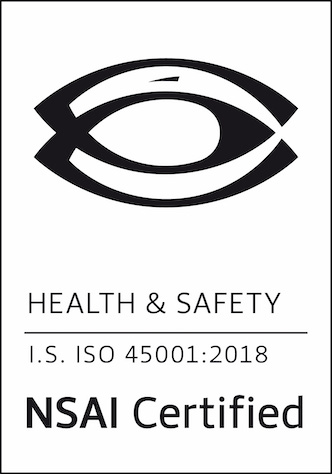Kevin, it has been a tumultuous 18 months, what has the construction sector learnt should we be affected by another global crisis?
It has probably taught us three things – how resilient people are, how small the world is and how small and interdependent the construction sector in Ireland is – for example our reliance on other nations and the importing of materials.
As an expert in construction dispute resolution, my focus here is the marked difference in the way procurement and time and cost related clauses within contracts are dealt with – there are some recent positive steps but also there is still some way to go. One of the main issues we have encountered is the ability for contractors to negotiate the impact of material price variations and the like.
As we know, the fall out of Covid has resulted in scarcity of materials and high demand on labour, both of which are driving up the cost in the sector but, at present, these issues are not being addressed to their full potential at the negotiating table. For some private sector contracts it is always possible to include realistic price variation clauses but for the public sector there is often no room for negotiation – there are some exceptions, with recoupment of increased costs when price increases of 50% are encountered – and then only for the proportion above 50%. Given that materials alone could account for at least 30-40% of the cost, this provision is forcing Contractors to absorb potentially increases of 15% in the cost of the project – construction is generally a small margin industry and absorbing increases of this range are unsustainable.
Whilst the public sector has recently brought out a new suite of contracts to incorporate time and cost compensation for Covid (as of 29th July), it does not go far enough. In my view, there needs to be some recognition that there will always be exceptional circumstances and that on this international stage, price variations are now and inevitability particularly with our position as a small economy on the western fringes of the EU.
There is a real imbalance in the way the potential price increases is shared within contracts, which is resulting in contractors deeming the risk too high to bid for the work in the first instance or even withdrawing from tendering later in the process. This is not just impacting on Main Contractors but also their supply chain partners. This is not good for our industry as competition at every level is key to delivering value for money and will impact on the successful implementation of the recently announced €165bn+ National Development Plan.
Throughout the many site closures and multiple lockdowns, what is the one thing that has stood out for you?
There was a clear difference as to how the public and private sectors dealt with such a crisis when it came to supporting contractors and the supply chain. Initially, we had the issue around how delays would be paid for and who would be penalised. The private sector had bespoke forms of contract, many without a force majeure provision or in the instance where this was present there was no clarity re the definition of pandemics or similar and it was unclear as to how the financial and contractual impact of Covid would be dealt with.
Each and every client was different and as a team we had to guide them through the specific terms of their contracts; the varied clauses and interdependencies with other contracts or other elements of the contract, development agreements, agreements for lease, etc – for example liability for non-performance.
I think the public sector actually dealt with the process in a more conciliatory manner. Whilst it took a little longer than was comfortable for many, the Office of Government Procurement (OGP) did provide the support and clarity the construction sector needed, with clear guidance notes on next steps for design and construction teams. This in many ways also provided a road map for the private sector as to how to deal with the situation equitably.
The other thing that really stood out for me was the manner in which some of the larger and more experienced development organisations dealt with it. They took on more of a partnership approach in dealing with the contractors and sub-contractors impacted - working hard to take everyone on this journey of uncertainty as one team.
In contrast some of the newer entrants and international developers took much longer to address the issues – many hoped the whole thing would go away so that they didn’t have to deal with the additional costs of lawyers or hours of negotiating time. I think those that have been around for a while, and had been burnt by the Celtic Tiger, knew that the only way forward was to work together.
What part did you play to help your clients and the business?
First and foremost protecting the sites and our clients’ assets. Closed sites could have resulted in vandalism and theft. We made sure that all our construction sites had the appropriate security procedures in place.
From a contracts perspective, we worked closely with our clients every step of the way, helping them to understand the implications of site closures and delays on them and their supply chain. Multiple Lockdowns really didn’t help but dealing with the developers and their legal advisers early on resulted in regular financial planning and many programme updates!
There were lots of conversations on the phone and Teams with anxious clients, and in some instances, we were not always in agreement however we always had our clients’ best interest at heart.
What would your clients say if we asked them how you did during this challenging time?
Those that know me, know that I call a spade a spade and when the chips were down, I’d like to say that our clients put trust in our honest and informed opinion. It’s times like this that perhaps the grey hair really helps albeit it was a unique situation and certainly not one that I would like to go through again.
Covid was a totally unique situation and unlike the Celtic Tiger implosion, this issue was global. We were all in the same boat - working hard collectively to get through uncertainty. I firmly believe that gut instinct comes with experience and speaking openly and honestly with experienced insight gives clients confidence. I’d like to think that others would say that this is the approach I took with our clients – all we try to do is give our clients and peers sufficient information and support to enable them to make informed decisions!













